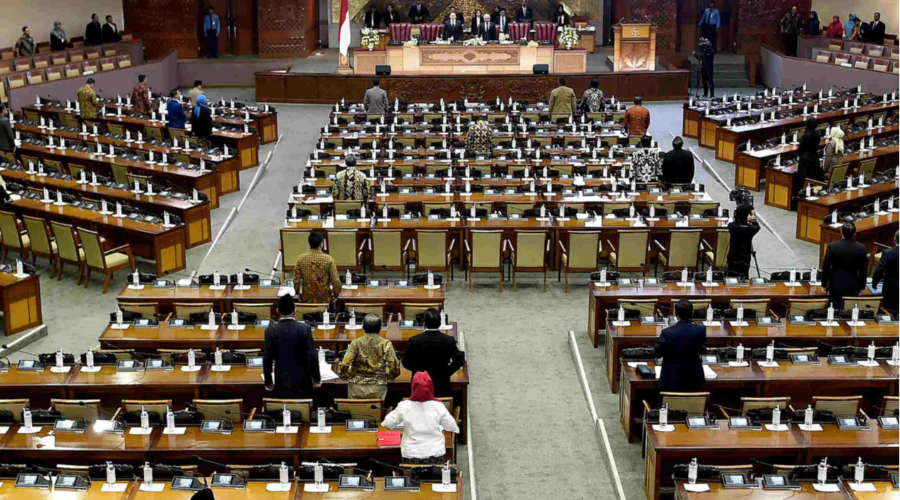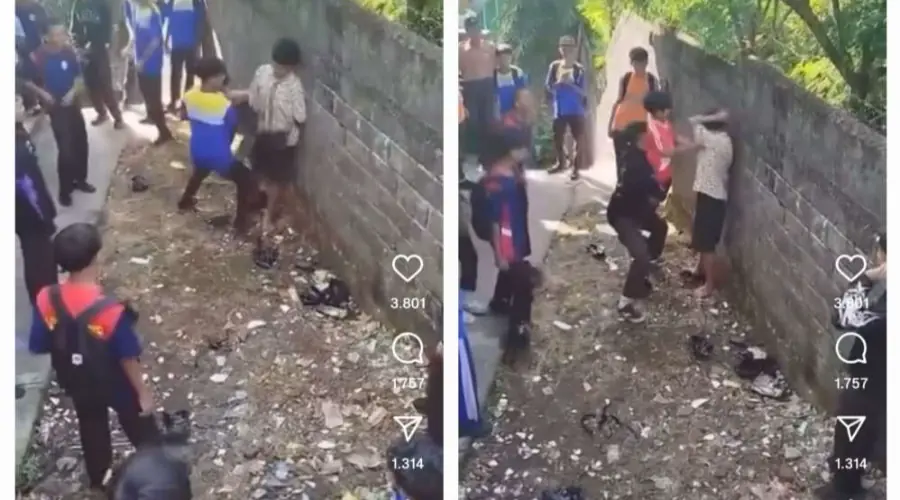
- 02 Jun
- 2022
Ilustrasi gambar (ANTARA)
Law Experts at UM Surabaya Respond to the Issue of the Correctional Bill which is one step away from being ratified
Regarding the polemic on the Penitentiary Bill, it abolished Government Regulation (PP) Number 99 of 2012 concerning Terms and Procedures for the Implementation of the Rights of Correctional Assisted Citizens so that the rules concerning granting parole returned to PP Number 32 of 1999, became a problem in society.
This polemic attracted the attention of a UM Surabaya legal expert, Satria Unggul Wicaksana, to provide a response. According to him, in this context there are two sides that need to be considered, namely the positive side and the negative side.
On the positive side, this strengthens the concept of social reintegration as well as strengthens the concept of restorative justice adopted in the Juvenile Criminal Justice System and the reform of Indonesia's national criminal law, so that for cases of minor crimes, or controversial crimes such as the ITE Law, there is no need to go through the detention process. , simply resolved restoratively.
The basic problem is that there is an over-load and over-capacity of prison inmates. ICJR data states, as of June 2022, the number of inmates in detention centers and prisons is 271,992, the burden on prisons throughout Indonesia reaches 200 percent, and this has a serious impact on the potential for increasing criminal and extortion practices in correctional institutions.
"On the negative side, the implementation of remissions should be excluded for extraordinary crimes, namely corruption crimes, terrorism crimes, and drug crimes," explained Satria who is also the Director of the Center for Anti-Corruption and Democracy Studies (PUSAD) UM Surabaya, Thursday (2/6/22)
According to him, this is classified as a type of extraordinary crime which directly and indirectly violates the principles of human rights law for the wider community, so that a deterrent effect needs to be applied to the perpetrators of these extraordinary crimes, including intellectual actors in the crime of these extraordinary crimes.
At the end of his statement he explained, the Government and the DPR need to properly consider the urgency of the passage of the Correctional Bill to strengthen restorative justice.
"At the same time, remission should not be given to perpetrators of extraordinary crimes," he concluded.










(0) Comments